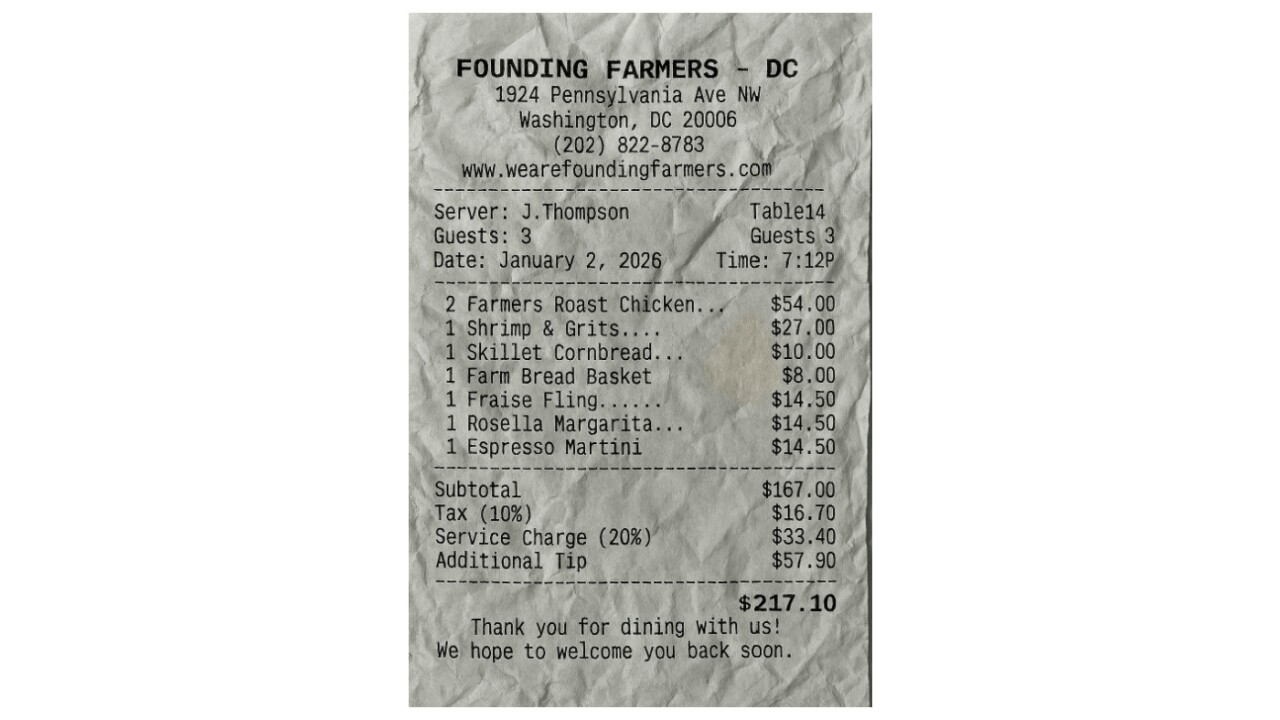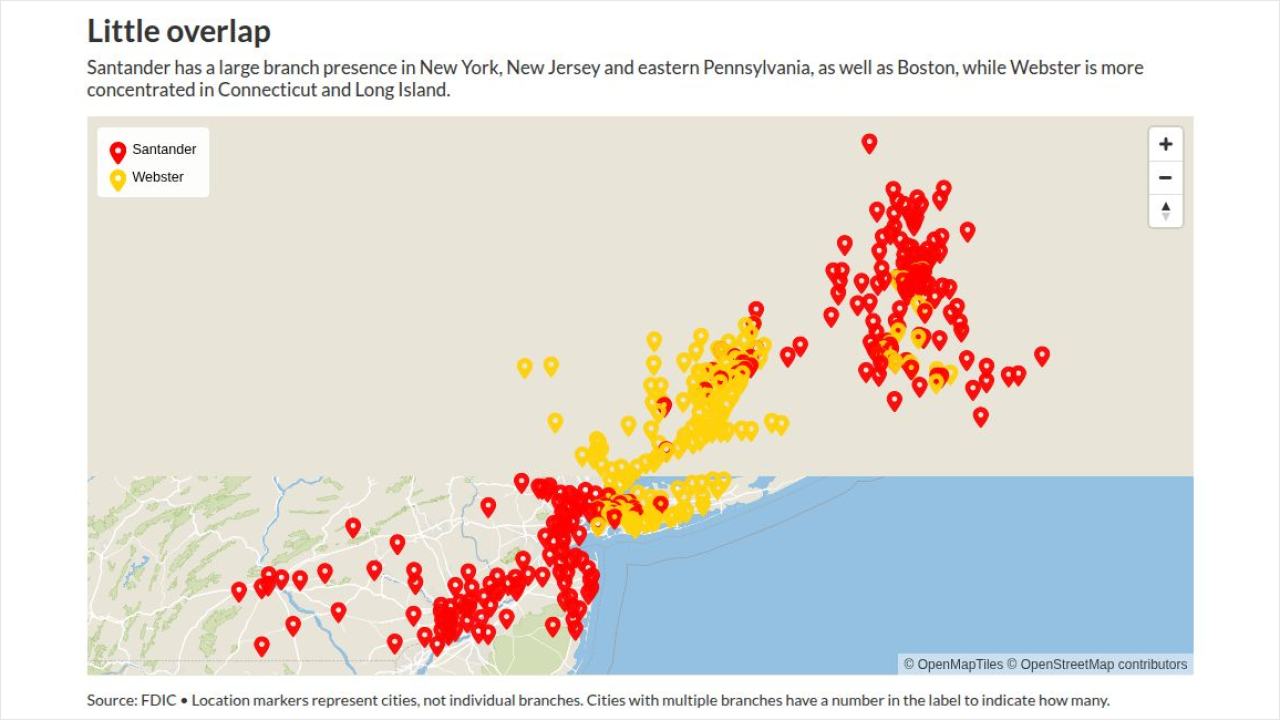-
A securities law firm has filed a class-action suit to halt Renasant's acquisition of First M&F Corp.
April 10 -
Renasant in Tupelo will buy First M&F in Kosciusko in a merger of Mississippi banks.
February 7 -
CEO Hugh Potts says the Mississippi company's sale to Renasant will help investors recoup 75% of 2006 value.
February 11
Renasant and First M&F have lifted the curtain on certain aspects of their planned merger as part of a tentative settlement of a shareholder lawsuit.
First M&F (FMFC) in Kosciusko, Miss., disclosed that it accepted free services from Keefe, Bruyette & Woods and FIG Partners before officially hiring KBW to handle merger negotiations. The $1.6 billion-asset company also revealed that its management expected very little earnings growth in coming years.
Renasant (RNST), a $4.3 billion-asset company in Tupelo, Miss., agreed in February to
First M&F said in a regulatory filing Tuesday that the parties have an agreement in principle to settle the lawsuit. As part of the settlement, First M&F disclosed that KBW and FIG Partners vied for its business by providing uncompensated services before the company began meeting with Robin McGraw, Renasant's chief executive.
Those services included modeling a potential merger with Renasant and "pricing points to consider if preliminary figures were to be presented by Renasant," the filing said. First M&F's original proxy did not detail FIG Partners' involvement and it omitted any details about the uncompensated services.
First M&F's new filing also included more disclosure on internal data that the company reviewed while considering selling to Renasant. Internally, the company projected negligible earnings increases from 2015 to 2018. Management also considered redeeming a series of preferred stock, though the data show that doing so would have led to volatile earnings.
First M&F also realized that it would be difficult to increase its existing dividend during those years, the filing said.
Financial struggles were discussed by Hugh Potts Jr., First M&F's chairman and chief executive,





